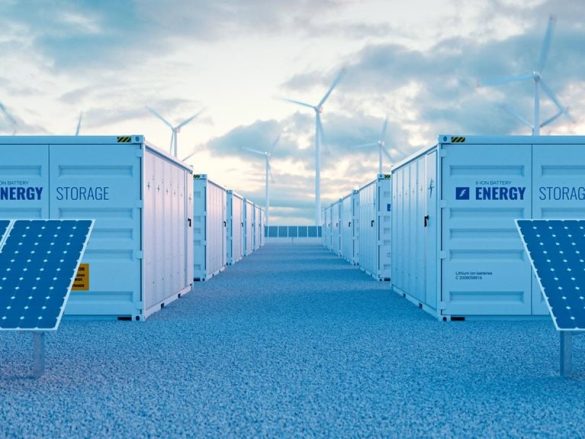The Kenya Electricity Generating Company PLC (KenGen) has announced plans to implement a Battery Energy Storage System (BESS) as part of the Kenya Green and Resilient Expansion of Energy (GREEN) programme, funded by the World Bank.
According to a report by ESI Africa, KenGen is considering a pilot installation of BESS capacity across several key regions, including the Central Rift, Coastal Region, Mount Kenya, Nairobi, North Rift, and Western Kenya. The decision on the specific project sites will be based on the results of an upcoming feasibility study (FS), conducted in collaboration with FS consultants. These consultants will identify the most suitable locations for BESS installations.
Early analyses have highlighted the critical role of battery energy storage systems in the national electricity infrastructure. KenGen stated that the BESS project would play a vital role in storing surplus energy generated from geothermal and variable renewable energy (VRE) sources, significantly enhancing electricity service delivery in Kenya.
Peter Njenga, KenGen’s Managing Director and CEO, expressed pride in leading the BESS project under the GREEN programme. “The BESS initiative is a game-changer for Kenya’s energy sector, ensuring efficient energy storage and improving electricity stability and reliability. It is set to reduce energy curtailment and pave the way for a new era of sustainability and energy security,” Njenga remarked.
The BESS project adheres to the World Bank’s Environment and Social Framework (ESF) and its 10 Environmental and Social Standards (ESSs). Particularly, ESS 10 emphasises the importance of stakeholder engagement and information disclosure, mandating that implementing agencies provide timely, relevant, and accessible information, along with culturally appropriate consultations.
Njenga concluded by stating, “This project is a crucial step towards a more resilient and sustainable energy future for Kenya, aligning with our commitment to green energy solutions.”



